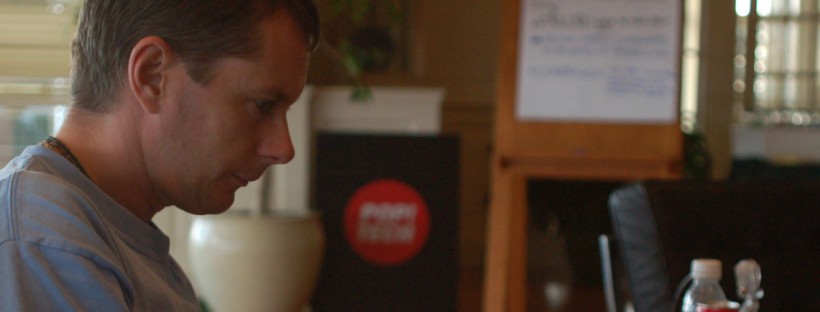For the past few years I’ve been taking a growing interest in Buddhist thinking. And I’ve been challenging myself to think more and more about not only how it can be applied in social change, but how I might apply it in my own work. Despite what it says on the tin, social change activities can often be quite mechanical or quite ‘stale’. Other than church- and faith-based groups, of which there are many, few others seem to talk about the presence, or not, of spirituality in their work. I’ve always wondered why – see this from 14 years ago, for example.
There are many great Buddhism books out there. I’ve not read as many as I’d like, probably because I’ve found myself constantly distracted, venturing off into the realms of neuroplasticity, consciousness and even psychedelics.
But in all my readings, whatever they’ve been, five things in particular have stood out and resonated the most.
 Practice mindful action
Practice mindful action
Before jumping into solving social problems, take time to observe and understand them deeply. This is where I’ve found my anthropological training most useful. Use mindfulness to stay present and avoid any knee-jerk reaction. Ensure your efforts align with real needs rather than your own assumptions and aspirations.
Lead with compassion
Buddhism teaches us that all beings deserve kindness. True social change happens when we act not from anger or frustration but from compassion. This means listening to different perspectives, avoiding harm and seeking solutions that uplift everyone.
Embrace interdependence
Everything is connected. Environmental destruction, inequality and mental health struggles are not isolated issues, even though we often treat them that way. By recognising interdependence we can design holistic solutions that address the root causes, not just the symptoms.
Let go of your ego
Social change is not about personal recognition. By letting go of attachment to titles, status or credit you can focus on the true impact of your work rather than any personal gains. (This also helps avoid burnout and frustration when change takes time – which it almost always does).
Speak and act wisely
Change often happens through dialogue, storytelling and communication. Engage in constructive dialogue rather than spreading anger or division. Choose work that ensures your activities supports others, not exploit or harm them.
Things are tough out there right now. Engaging in social change with clarity, compassion and resilience is more important than ever. If you’re interested in learning more about how Buddhist thinking might be applied in your work, please feel free to drop me a line.


